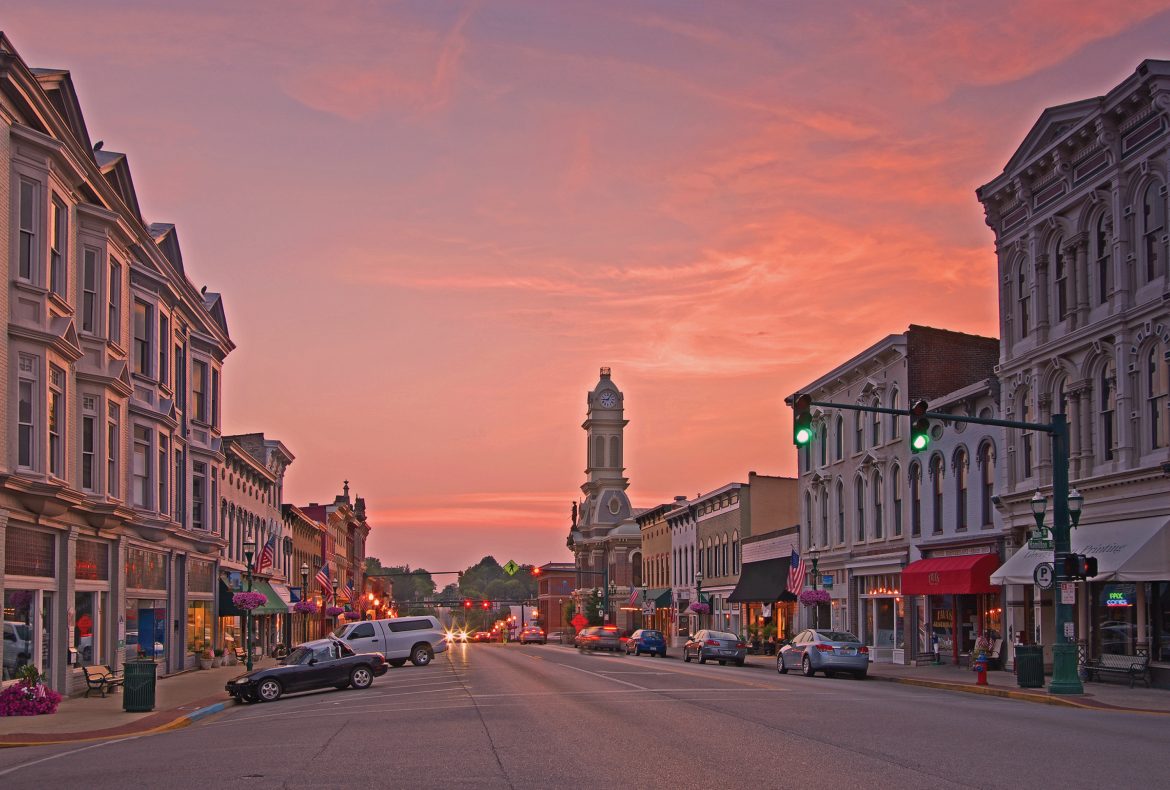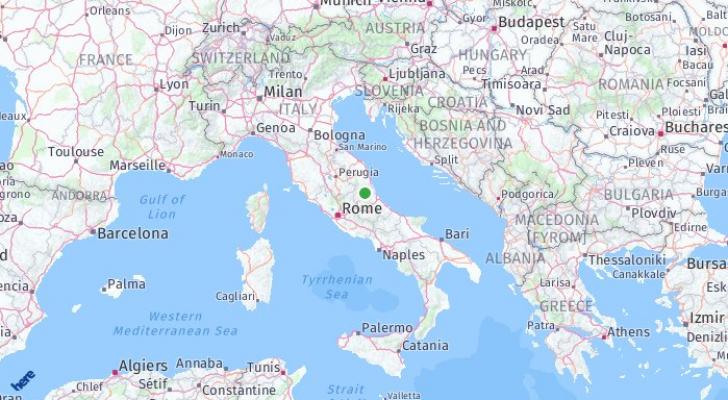This has been a really interesting time, and I know you all agree. 6 months ago, I would've never imagined that we'd be having our MHIRT experience remotely. This year has brought in many unprecedented situations; honestly, as the pandemic got worse, I started to believe that we'd be stuck in this weird, bubble-like life... like I've seen in the movies.
Yeah. Like these people in the photo.
As someone who cannot think straight without leaving the house, I thought that the best way to use this blog post would be to talk about my thoughts so far, and how I've been spending my MHIRT days inside my own little bubble of an apartment.
Date: 6.21.20. Temperature: about 92 degrees (or at least it sure feels like it). Location: Knoxville, TN.
Okay, y'all. I have a bad sleep schedule so I just woke up at noon, but I tried to pretend I could see the sunrise and feel the crisp, humid, summery air through my window. Mainly because I was rudely awoken by the dry, sandpaper-like tongue of my cat reminding me that she needed her breakfast. I'll include a picture of her. Her name is Bella, she's 2 years old, and she likes to eat everything in sight. Literally...
everything.
Here is a photo of her next to one of her favorite things to munch on- flowers. The other photo of her is when she's doing her favorite activity- sleeping. As of right now, I'm pretty sure she's trying to eat some dust off the ground.

The time is now 4:42 pm, and I've been studying and doing other work (for MHIRT, especially). Definitely underestimated the power of the MCAT, but I think it's better to just take this studying process day by day. I thought I'd take some time off to just listen to music and clean, though. Mainly because my apartment really needed to be cleaned, but also because I love listening to music, and cleaning gives me an excuse to listen to it. :) I've included some screencaps of some of my favorite songs right now (one of them is in Spanish, too!).
I've also been thinking about the topics we've been covering so far during the global practicum. Considering that it's now the final week (I know, it moved
very fast), I thought that I could include some of my own thoughts on those topics.
As the COVID-19 pandemic is hitting the world with full strength, I felt this wave of cynicism throughout my community.
"There's no way this can be fixed in the near time future."
"There's no point in wearing a mask because we'll all end up getting it at some point."
Normally, I'm a pretty big optimist; in this situation, however, I felt an immense lack of hope. I was excited to learn more about community health work and mobile health through the global health practicum, but I didn't just gain knowledge through this program- I also gained hope.
I noticed the work that community health workers have been constantly doing to better the areas that they are working for, and I saw the number of programs that existed to better the overall health of people in the areas that needed healthcare most. These lectures, tagged along with being a part of everyone's collective work on their projects, reminded me that there is light in the darkness of everything that's been happening lately. It also reminded me that there are some amazing individuals out there doing amazing work- even in these times, and I'm lucky to be working with everyone right now (even if it's remotely). Now that the practicum is coming to an end, I'm looking forward to making our mHealth project develop and go forward. I'm even more excited to see how projects like ours can create hope in communities not just in Nicaragua, but around the world.
It's almost midnight now. I had pizza for dinner because quite frankly, I am a
horrible cook. Maybe for my next blog post, I can try to cook something and see if it turns out well. But, for now, I'm going to try to sleep so that I don't wake up at noon again tomorrow.
















